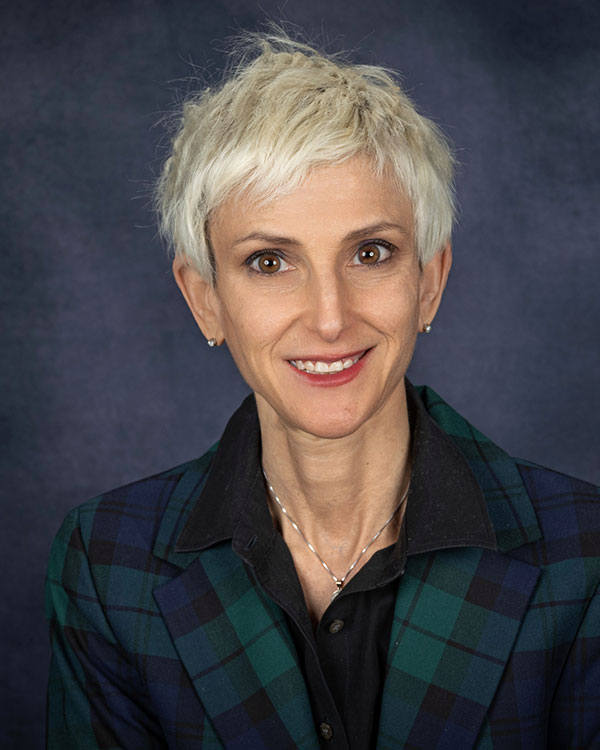Faculty Spotlight
Professor’s Research Leads to New Legislation on Reporting Child Abuse
Dale Margolin Cecka
A groundbreaking 2014 article by Professor Dale Margolin Cecka advocating against the use of anonymous child protection tip hotlines is gaining new traction as states adopt laws against the practice based on Cecka’s work.
In the article, “Abolish Anonymous Reporting to Child Abuse Hotlines,” Cecka took the position that anonymous reporting is not simply ineffective in preventing abuse, it is also harmful to families.
The downside of anonymous reporting
On first blush, it may seem that providing a tool to report child abuse protects children. But Cecka says that allowing tipsters to submit reports without verifying their identity or even gathering their information opens the door to reports from neighbors, ex-partners, and even strangers. Anonymous callers often don’t have the facts about the situation and may have ulterior motives for reporting claimed abuse, Cecka notes, and the resulting investigations are traumatic for families.
“There's no reason to allow people to anonymously call [child protective services] and immediately trigger investigation into the family home,” Cecka says. “It's violative of the Fourth Amendment. … It can trigger unwanted intervention by CPS, and can begin a very antagonistic relationship when the point of child welfare originally was to help families.”
California Assembly Bill 391, which goes into effect in January 2024, will require agencies to gather information including name, telephone number, and the basis for the report. If the reporter refuses to provide personal information, the agency must make a reasonable effort to determine the basis for the refusal. Similarly, a law that recently went into effect in Texas requires reporters to provide personal information, which is kept confidential.

Existing protections for children
According to Cecka, limiting anonymous reporting will not reduce protections for children. She notes that most child protection reports come from credible experts like doctors and teachers, who are often required by law to report suspected abuse and are not permitted to report anonymously.
At least a half dozen other states are considering similar legislation. In addition to her article forming the basis for the laws, Cecka has been involved in efforts like educating advocacy groups and helping witnesses prepare for legislative testimony.
“The best job in the world”
Cecka, who began directing the Albany Law School Family Violence Litigation Clinic within The Edward P. Swyer Justice Center in the fall of 2023, did not always envision herself becoming a professor. She attended Columbia Law School with the hope of representing children in foster care. After graduation, she received the prestigious Skadden Fellowship, representing pregnant and parenting teenagers aging out of foster care through the Legal Aid Society of New York.
When the opportunity arose to apply to a clinical teaching fellowship at St. John’s University School of Law, she applied “on a whim.” Soon, she says, “I realized that clinical teaching is actually the best job in the world, because you get to do direct representation [and], at the same time, also help students learn how to actually practice law.” She went on to found the Family Law Clinic at the University of Richmond School of Law before working in private practice and for the Georgia Attorney General’s office.
In addition to leading the clinic, Cecka continues to write and speak on family and child law issues like the Constitutional rights of parents and inequities in child welfare and family court systems. She hopes to eventually follow her 2014 article up with research and writing on newly-enacted legislation, though she notes it is often difficult to get accurate information from the agencies involved.
She will also continue her advocacy efforts around anonymous hotlines. “Not to be cheesy, but it is kind of a dream to have a law review article be the basis for legislation,” Cecka says of the practical results of her research.
